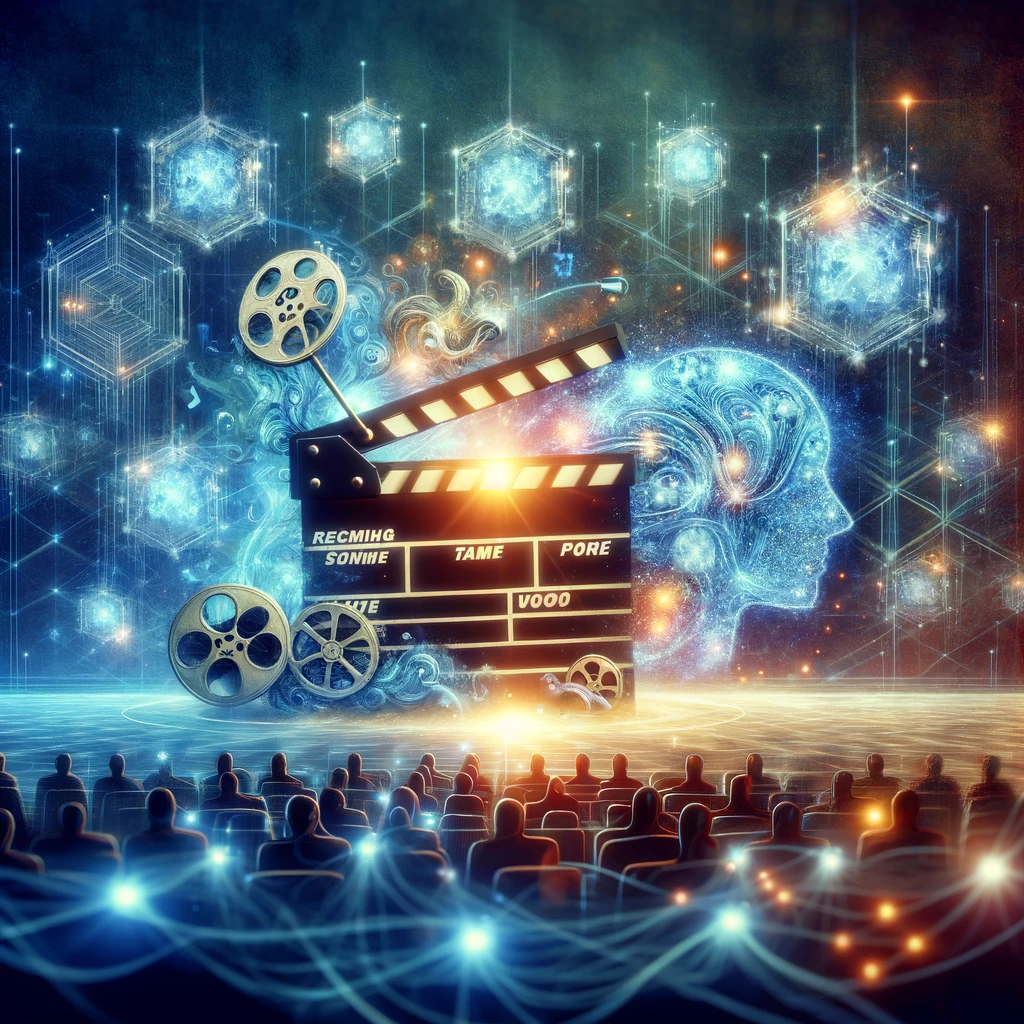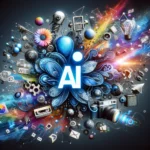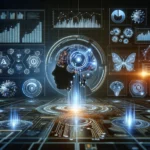The media and entertainment industry is undergoing a transformative shift, largely fueled by the advent and integration of Artificial Intelligence (AI). From blockbuster movies to personalized streaming content, AI is not just behind the scenes; it’s becoming the central player in crafting immersive and engaging experiences for audiences worldwide.
Content Creation and Personalization
AI’s role in content creation is perhaps the most fascinating, with algorithms now capable of composing music, writing scripts, and even generating articles. This doesn’t just expand the creative horizon but also democratizes content creation, enabling more voices to be heard. Moreover, streaming platforms like Netflix and Spotify leverage AI to personalize recommendations, ensuring viewers and listeners find content that resonates, keeping engagement and satisfaction high.
Enhancing Visual Effects
In the realm of visual storytelling, AI algorithms are revolutionizing visual effects (VFX), making them more realistic and awe-inspiring. AI-driven software can automate tedious aspects of VFX, allowing artists to focus on creative decision-making. This not only enhances the visual appeal of media but also significantly reduces production times.
AI in Animation
Animation has benefitted immensely from AI, with algorithms now assisting in creating smoother, more lifelike animations. This technology enables animators to achieve complex effects that would be time-consuming and costly to produce manually, opening up new possibilities for storytelling in animated films and series.
Data Analysis for Audience Insights
AI excels in analyzing vast datasets, and in the media industry, this capability is used to gain deep insights into audience preferences and behaviors. By understanding what content resonates with viewers, creators and marketers can tailor their offerings more effectively, leading to more successful productions and campaigns.
Automation in Production and Distribution
AI is streamlining production and distribution processes, automating tasks that range from editing to encoding, and even determining the best distribution channels for content. This not only improves efficiency but also helps in reaching the right audience at the right time.
Challenges and Ethical Considerations
Despite the numerous benefits, the integration of AI in media and entertainment is not without challenges. Issues like job displacement and the ethical implications of deepfakes are at the forefront of discussions. It’s crucial for the industry to navigate these challenges thoughtfully, ensuring that AI serves to enhance creativity and inclusivity rather than detract from them.
Conclusion
The role of AI in media and entertainment marks the dawn of a new era—one where creativity is boundless, and personalized experiences are the norm. As we look to the future, the potential for AI to further revolutionize this space is immense, promising even more captivating and immersive media experiences for audiences around the globe.


